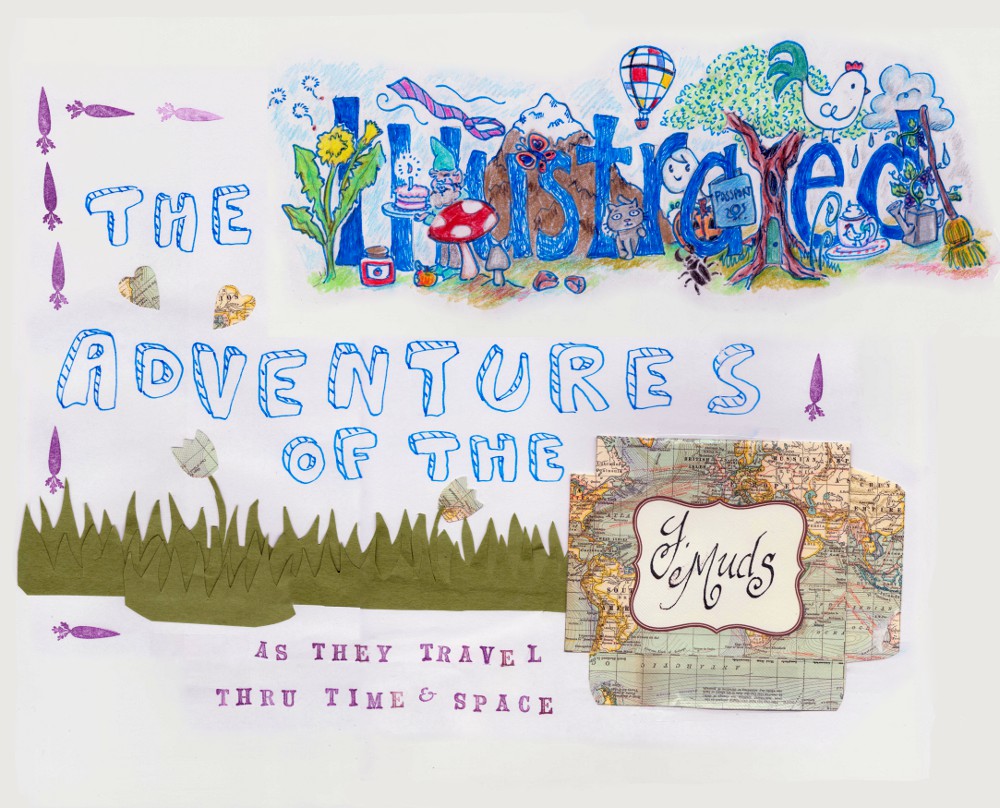Taking a little break from packing and I wanted to write a
quick update since we have a computer charger again and only have one and a
half days left in Kenya! Holy smoke. The time has gone by so quickly. Don’t
worry; we will add some backdated posts and reminiscences after we return.
Chris Troger from Serve-a-Village came last week and brought us a Mac charger
so we’re able to use the computer again but we’ve been too busy traveling to
update. (Thanks, Chris! It was great to see you for a few days.)
In the last two weeks we have taken at least five overnight
trips: Jacob to Nairobi to pick up books, Julia to Webuye and then Kakamega to
show Chris some potential volunteering sites, Jacob to Busia to attend a
children’s’ library training workshop, both of us to back to Kakamega to visit
friends, and finally home to Mbale yesterday. Phew! So we haven’t had much time
to get on the computer or even prepare for England. Did I mention we are
planning to move to Canterbury in September for my graduate studies?
It looks like we’ll have to hurry up and get our visas when
we get back since it’s too difficult to do from here. Also, Jacob is still
looking for a job. So, if any of you know of any job openings in the UK, please
give us a shout! He’s applied for about a gazillion teaching jobs without
success (apparently they aren’t supposed to hire non-UK residents unless they
can get certified something-nonsense-something or other) He’s also been looking
into cabin crew positions based out of the UK, Europe, or DC. Or frankly
anything that would help us pay our exorbitant rent in Canterbury. Although we
haven’t found a place yet to rent, the only options we’ve seen so far are
pricey and pricier…
Anyway, I am sure all of those things will work out in the
next six weeks. Unfortunately, I have also been sick since Sunday so I am just
slowly packing our things and writing this post while Jacob works at the
library right now. (No worries, I got checked for malaria yesterday and I was
preemptively de-wormed, as well.)
Later today we’ll say goodbye to many of our friends
although we still have a lot to do tomorrow before we take the night bus to
Nairobi… In just 24 hours we need to
-Buy our tickets to Nairobi
-Finish packing and clean up our hostel room
-Settle with the hostel owner for our rent
-Go to Kapsabet tomorrow morning to re-negotiate the library
contract so the lib committee can co-sign
-Plan and teach our last library training class tomorrow
evening
-Visit and say goodbye to many of our friends and visit our
two schools, if we have time
-Try to get a few kangas for souvenirs since Jacob says he
spotted a couple sweet ones in the market yesterday
-Get rid of all the stuff we are leaving here. I am hoping
we can sell our old socks at the market for a few shillings...
-And last but not least, figure out what to do with our chicken
and rabbit*
In the course of our last few weeks in Kenya, we have been
gifted with a baby bunny and a very striking rooster. No, we are not keeping
them in our hostel room with us. (Although we have tried several times to catch
lizards to keep here for the mosquito problem.) But, no, the bunny is still
staying with its mother until it’s weaned and our friend Paul is currently
holding on to the rooster. But what to do with them is something of a problem.
At least for the rooster.
We have donated the bunny in advance to the library to start
a rabbit-keeping project. Yes, the bunnies will eventually be sold and eaten. No,
we are not monsters and, yes, this does make me sad. I wish I could keep my
bunny (which is the cutest golden-colored, floppy-eared fuzzy little bunny ever.)
But bunnies fetch a very good price here, about $24-$30 each, and the project
will help the library become self-sufficient. So, eventually the bunny will
join the library coffers but for now, it is safe to romp in the grass and chew
little bits of vegetable with its infinite cuteness.
The rooster is a bit more of a problem. The library
committee got together and decided to gift us with a stately bird, presumably
for me to slaughter and cook in any way I see fit. However, I would rather not.
And although we’d like to just donate the chicken to the library like our
bunny, we’ve been told that it wouldn’t be appropriate for us to give it back.
So, now we are stuck with the dilemma of what to do with our rooster and how to
transport him. Apparently neither of us knows how to properly carry a live
rooster on a motorbike. That is one skill that we haven’t had time to learn
yet.
So, hopefully by the next time we write, we’ll have solved
all these conundrums and more. I had better get back to packing and cleaning
before it gets too late.
Wishing you all well from Kenya.
Love,
J+J





